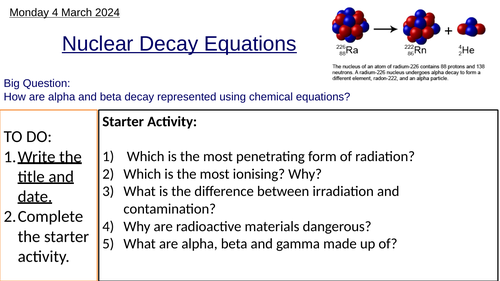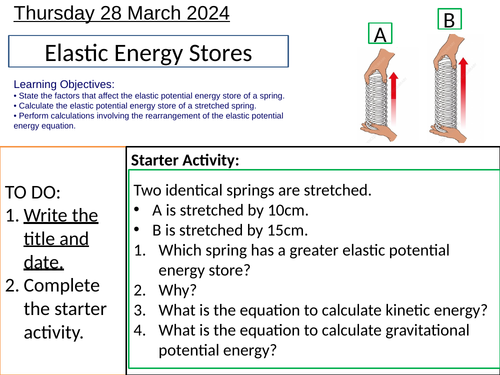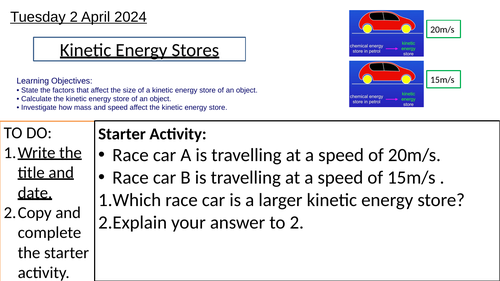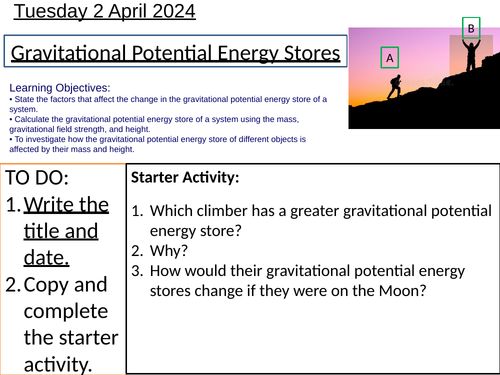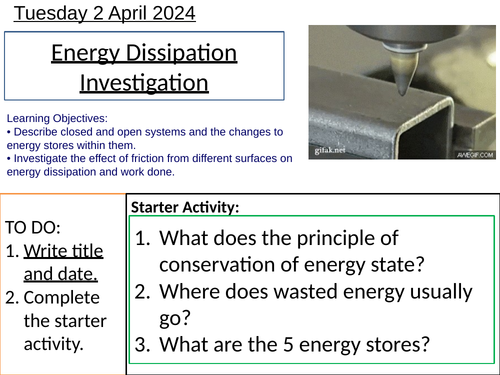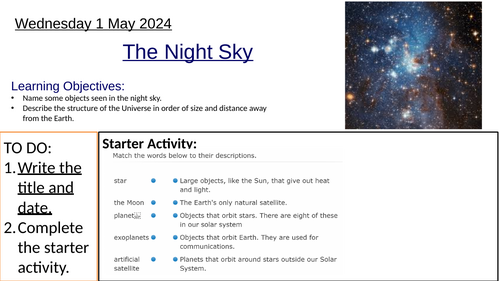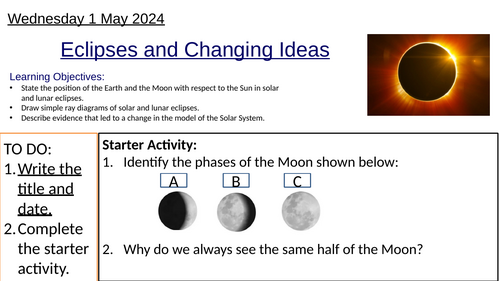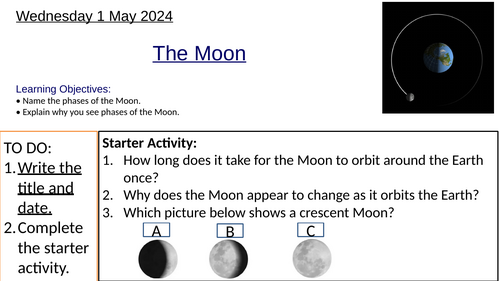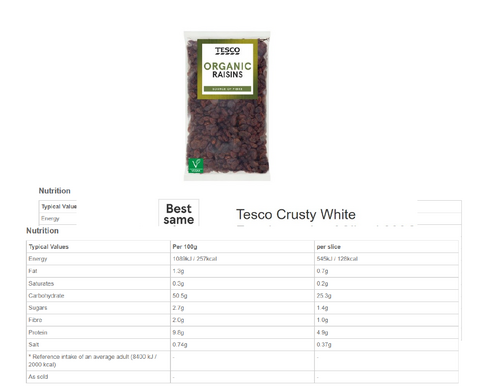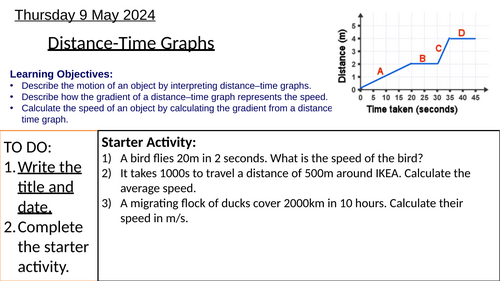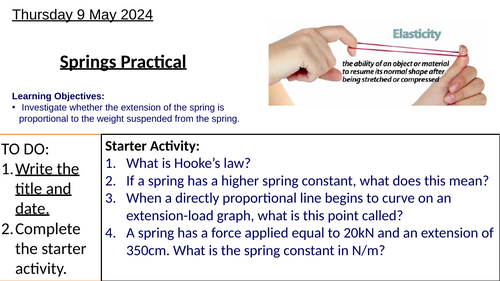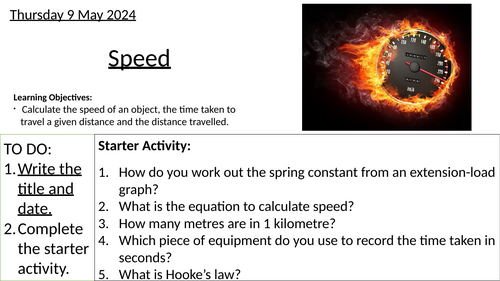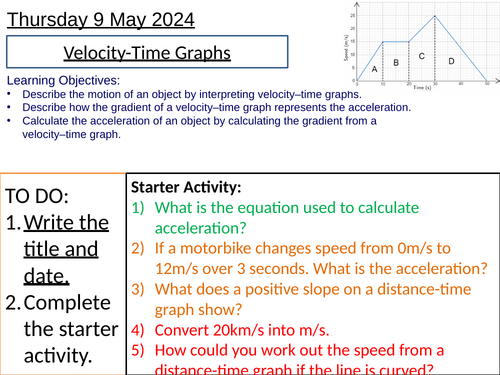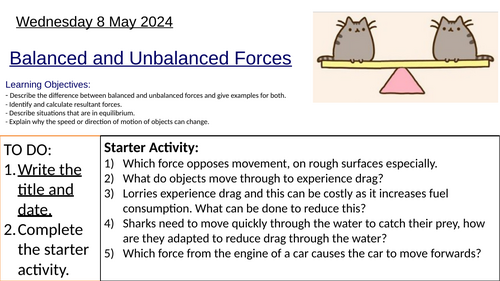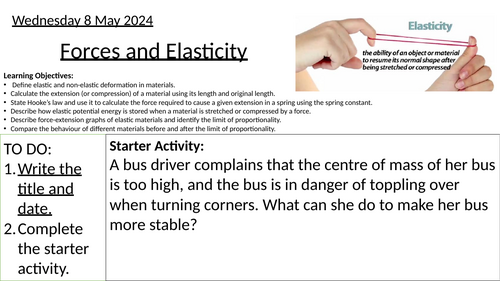Science Lessons 4 You
Having taught in the UK and abroad, I've experienced teaching many different syllabi including SABIS, AQA, WJEC and Cambridge. I develop resources to help teachers model key concepts, provide practice for students and include answers to help students self-assess their work. Planning for a 27 lesson week can be stressful to say the least, so I hope you find my resources useful. Thank you for choosing my lesson/s, I hope they enrich your teaching practice and make your life easier.

